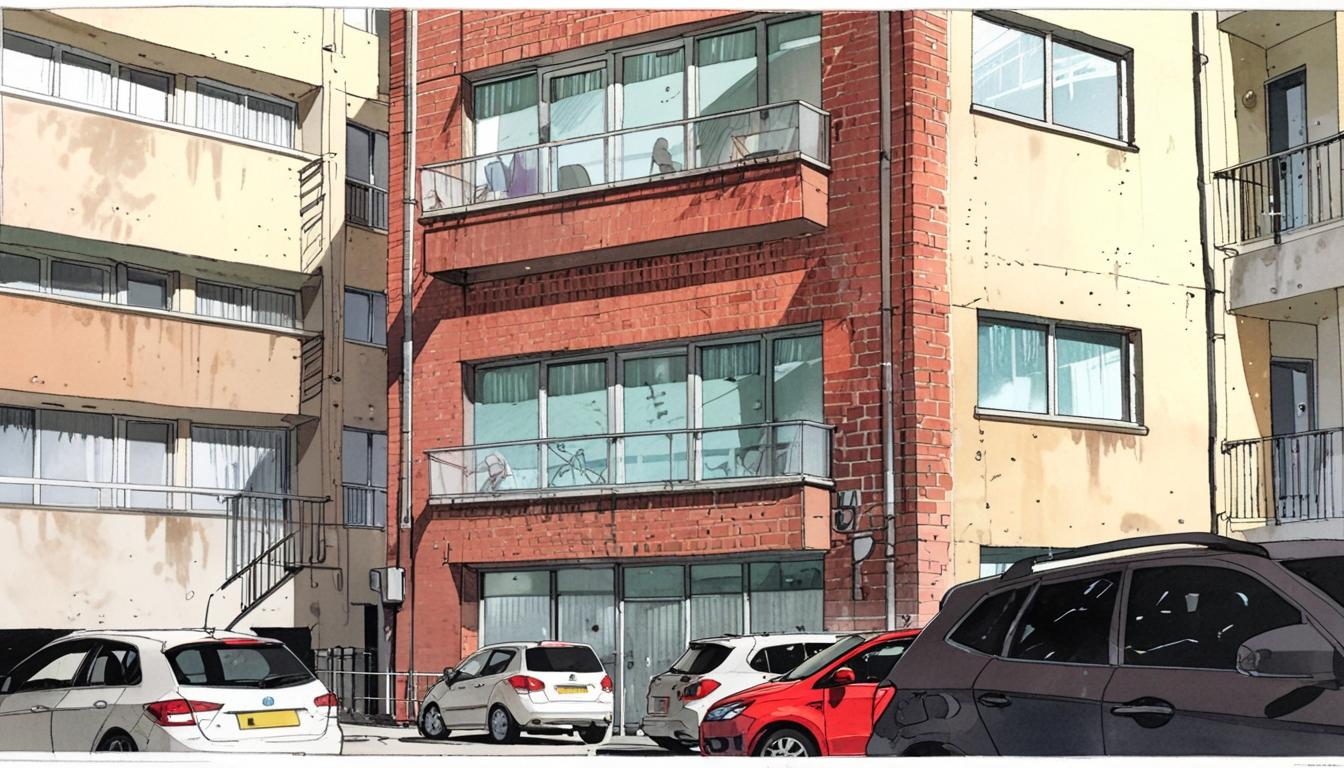A couple in Brighton has seen their claim for £180,000 in damages dismissed by the High Court, following their assertion that persistent noise from a nearby car park had severely disrupted their lives. Zhengfang Huang and his partner Jingjing Chen argued that their mental health and peace were compromised due to the incessant "beeping" of an intercom and alarms situated just inches from their only window. This noise, they claimed, not only robbed them of sleep but also triggered anxiety, particularly for Mr Huang.
However, Judge Melissa Clarke underscored that it was reasonable for the couple to expect some level of noise when choosing to live in a ground-floor apartment within Brighton’s city centre—a location known for its vibrant atmosphere and foot traffic. The judge noted, “They should have expected this when they rented a city centre apartment on the ground floor,” reinforcing the notion that urban living often comes with certain unavoidable disturbances.
The couple's flat is situated in the Green Diamond Building, adjacent to a busy car park in the historic Lanes district, an area celebrated for its engaging nightlife and social venues. The location, while attractive for its cultural appeal, naturally also attracts the hustle and bustle typical of urban environments. The noise issues raised by Huang and Chen echo wider concerns in the community, where many residents have experienced disturbances from various sources, including anti-loitering alarms and late-night activity.
This isn't an isolated case in Brighton. Other residents have voiced similar grievances about noise nuisances, particularly from anti-loitering alarms in nearby facilities. Local resident Rob Coe reported that a high-pitched alarm disrupted his sleep, exacerbating his tinnitus. Following sustained complaints, the council intervened to deactivate the alarm, yet concerns about its reactivation lingered.
In light of ongoing issues, Brighton & Hove City Council has provided guidance on how residents can address noise-related nuisances. The council encourages individuals to initially seek resolution through informal channels such as direct communication with the responsible entity or mediation services. If these methods prove insufficient, residents are advised to document incidents thoroughly and pursue legal action, potentially escalating the matter to the Magistrate’s Court.
The rejection of Huang and Chen's compensation claim reflects a judicial perspective prioritising public convenience over individual complaints in densely populated urban areas. Judge Clarke concluded that closing the car park entrance—which was deemed detrimental to the public—did not justify the couple's proposed remedy. While their compensation claim was dismissed due to insufficient evidence, their case regarding the potential closure of the entrance will proceed in Brighton County Court, continuing the dialogue on noise management in vibrant urban settings.
This case highlights the delicate balance between the allure of city living and the realities of noise pollution, a challenge faced by many urban dwellers. As the local council and residents navigate these complex issues, finding a shared understanding between the vibrancy of urban life and residents' need for peace remains critical.
Source: Noah Wire Services
